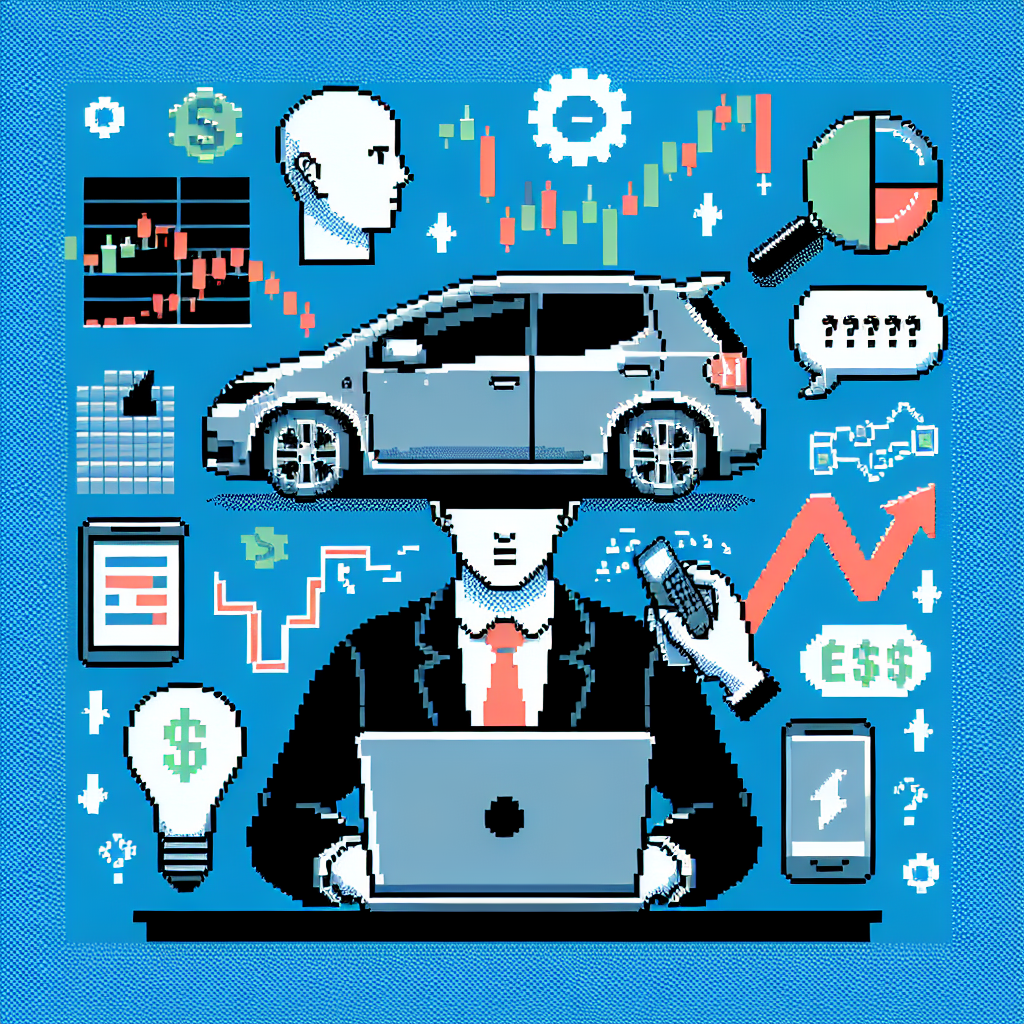The top shots from F1 75 extravaganza at The O2 - Formula 1 | Analysis by Brian Moineau
**Revving Up the Celebrations: The F1 75 Extravaganza at The O2**
Ladies and gentlemen, start your engines! The 75th season of Formula 1 has kicked off with a bang, or should we say, a roar at London's iconic The O2. In an event that was more red carpet than pit lane, all 20 drivers and their team principals gathered to unveil this year’s liveries in a dazzling display of speed and style. With thousands in attendance and even more tuning in from around the globe, this groundbreaking spectacle was nothing short of an automotive Oscars.
The glitz and glamour of the event were palpable, reminiscent of the grandeur of the Met Gala. However, instead of haute couture, this runway was all about horsepower. Each team presented their car liveries with the flair and drama that only F1 can deliver. From Mercedes' sleek silver to Ferrari's iconic red, the liveries were as much a statement of intent as they were a nod to the sport’s rich history.
As the drivers took to the stage, one couldn't help but draw parallels to another significant event happening just across the pond—the Super Bowl. Much like the NFL's biggest night, the F1 75 extravaganza was a celebration of talent, teamwork, and tenacity. Both events serve as reminders of how sport, in its various forms, has an unparalleled ability to unite us in anticipation and excitement.
Speaking of anticipation, one driver who has caught the eye of both fans and pundits alike is Lewis Hamilton. The seven-time world champion, who is no stranger to the spotlight, continues to be a central figure in F1. His influence extends beyond the track, as he uses his platform to advocate for diversity and inclusion in motorsport. Hamilton’s role in the F1 75 extravaganza was not just as a competitor, but as an ambassador for the sport’s future direction.
This celebration at The O2 also highlighted the remarkable evolution of F1 over the decades. From the cigar-shaped cars of the 1950s to today’s technological marvels, the sport has been on a constant journey of innovation. This mirrors the rapid advancements we see in other sectors, such as electric vehicles in the automotive industry. With sustainability becoming a focal point, F1 is also steering towards a greener future, aiming for net-zero carbon emissions by 2030.
In a world where innovation and tradition often find themselves at odds, the F1 75 extravaganza struck a harmonious chord. It honored the past while embracing the future, showcasing not just the cars, but the people and passion that fuel this sport. As the drivers gear up for another thrilling season, fans can look forward to more than just races; they can anticipate stories of rivalry, redemption, and remarkable feats of engineering.
In closing, the F1 75 extravaganza was more than just a celebration of a milestone; it was a testament to the enduring allure of Formula 1. As the engines roar and the lights go out on the starting grid, here’s to a season filled with speed, spectacle, and perhaps, a few surprises along the way. Buckle up, because this is going to be one exhilarating ride!
Read more about AI in Business




